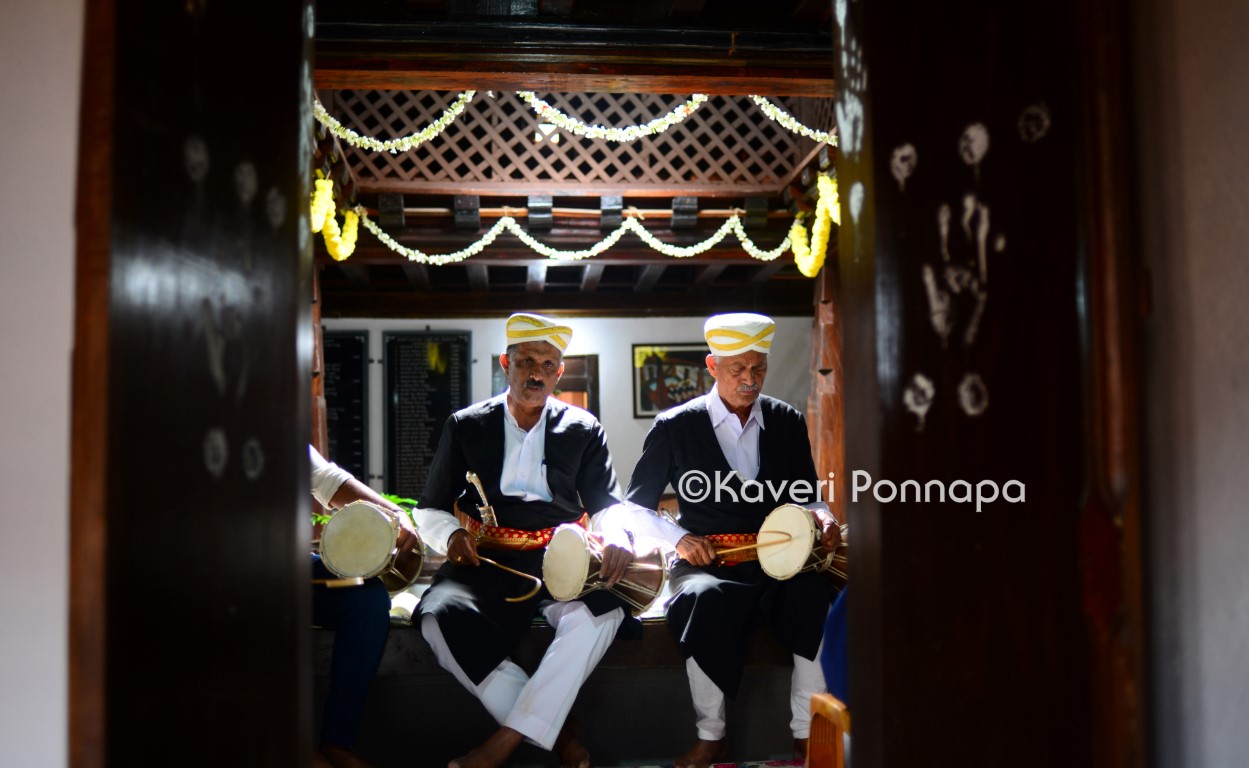
The Kodava language has been listed by UNESCO as one of the ‘definitely endangered’ languages of the world on the basis of its diminished use as a mother tongue. Long considered a dialect, Kodava takk (takkë) is now acknowledged as an independent language of great antiquity. Kodava takk, which was orally transmitted throughout the greater part of the history of the Kodava people adopted the Kannada script from about the 16th century CE onwards, when Kodagu came under the rule of a line of kings from North Karnataka and Kannada became the language of Court and official communication. The Kodava language took a further back seat when the British introduced Kannada as the medium of instruction in educational institutions during the colonial period, from the mid-19th century onwards.
The continued use of the Kannada script in all contemporary written communications and literature emerging from Kodava culture severely limits the readership to a small number, who are schooled with access to Kannada. It excludes the Kodava diaspora from its mother tongue, and limits expansion of their linguistic and cultural knowledge. Even locally, many opt for a dominant language such as English, for economic, educational or other reasons. In an already small population, what this choice implies is a precariously small number of speakers. Crucially, there is a marked loss of linguistic nuance, vocabulary and as distinct changes in pronunciation and speech while using a borrowed script, since the Kodava language has a number of vowel sounds unique to itself.
Transliteration, using the widely familiar Roman script opens up the language to not only the Kodava diaspora, but to anyone interested in learning more about Kodava culture. The key to transliteration for Kodava takk on this website, is a simple system of transliteration based on the ISO_15919, an “international standard on the romanization of many Brahmic scripts”.
The language of a people holds shared cultural concepts, nuances of meaning specific to our collective past and way of life, while opening up vistas of shared history. It references our identity, and keeps alive ideas that anchor us in our cultural world. In a rapidly changing environment, where it is estimated that we could be losing one language every two weeks, the diminishing of a language implies a loss of the history of a people, their culture, heritage, identity and their way of relating to the world. Expanding the reach of the language through the use of an easily accessible script is one more way of keeping it alive.
—Adapted from Kaveri Ponnapa’s presentation of her book, ‘A Place Apart’, a bi-lingual edition of poems from Kodagu at the Bangalore Literature Festival 2021, with Dr.Sayeegeetha Hegde, Dravidian Languages scholar, and Vivek Shanbhag, Award Winning Author.

